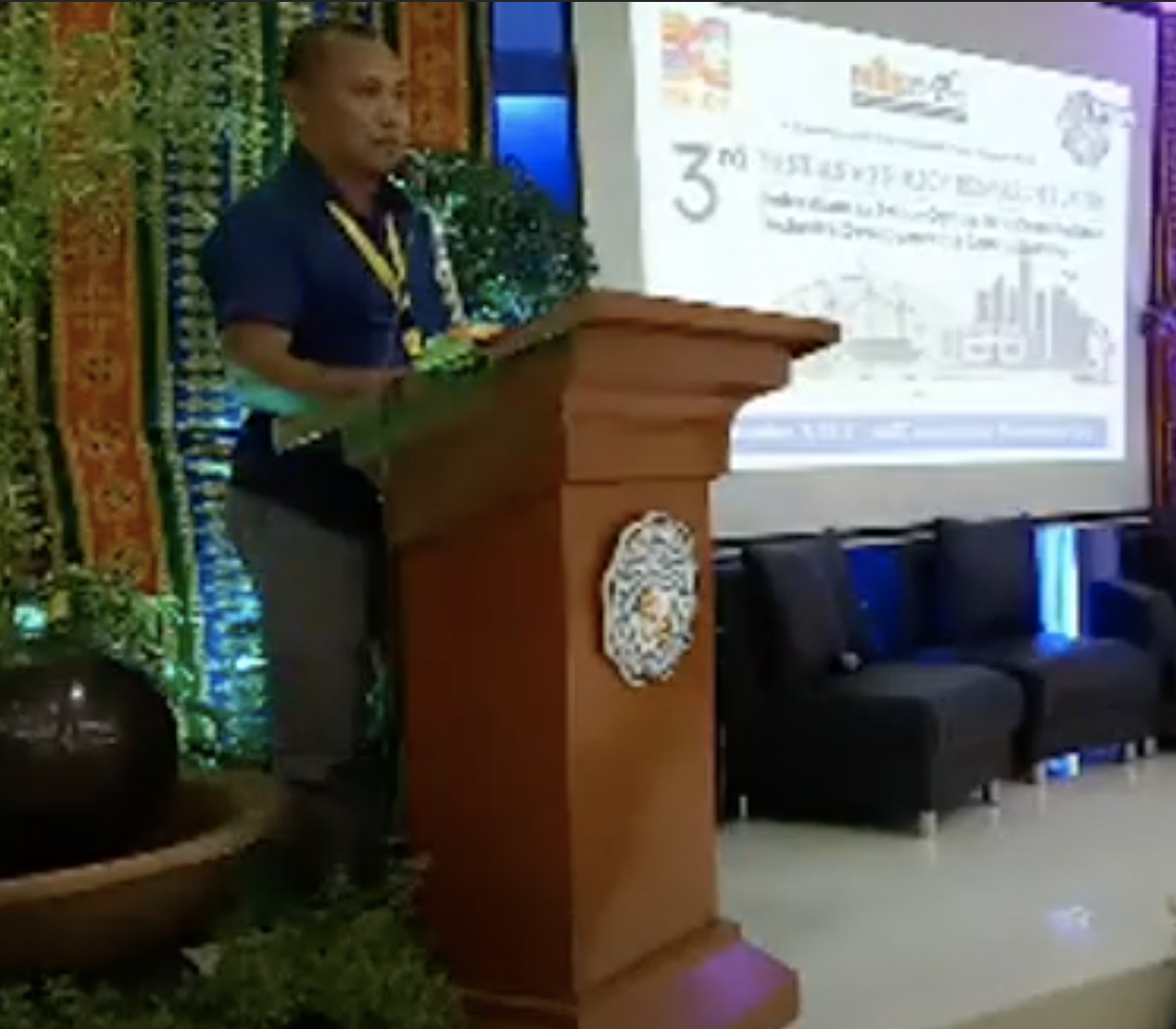A number of amendments to the Constitution to shift to a federal form of government may weaken democracy, former chief justice Hilario Davide said Wednesday.
In an interview with ANC, Davide questioned a provision that requires top government officials to have a college degree, saying this would be undemocratic and anti-poor.
“Wisdom, knowledge, virtues, and values are not a monopoly of the educated, the college degree-holders. The poor, even without any educational qualification, may be much wiser,” he said.
Davide also added that requiring the transitory president and vice president to be running under the same slate is a disadvantage to independent candidates and will only encourage “totalitarian and fascism.” This system, he added, would work only in countries with “strong political parties.”
Having four federal courts in place of the Supreme Court would only complicate matters and not help in settling pending cases.
“Why create other courts with four chief justices now when actually, if you want, you can only increase the membership of the Supreme Court now and then assign to certain divisions specific tasks?” Davide said.
Davide added that unlike the government’s claim of expanding the Bill of Rights, it actually reduced it, citing that the new draft no longer guarantees “full respect for human rights.”
“The implication is we have actually reduced what are the guarantees provided for in the Universal Declaration of Human Rights,” Davide said.
Lastly, Davide highlighted that “lawless violence” in the proposed Charter as an additional ground was not defined unlike rebellion and invasion under the Revised Penal Code. He further pointed out that transitory president has the same powers as the president and can declare martial law.
The consultative committee (Con-Com) that drafted the draft constitution warded off Davide’s criticism, in particular his statement that the document failed to mention the West Philippine Sea.
Con-Com spokesman Conrado Generoso said the West Philippine Sea is referred to in the article on national territory.
He said the section on the national territory states the country “has sovereign rights over that maritime expanse beyond its territorial sea to the extent reserved to it by international law.”
“Reserved by international law” pertains to the United Nations Convention on the Law of the Sea [Unclos], and “maritime expanse” to the 200-mile Exclusive Economic Zone, which covers both the West Philippine Sea in the west and the Pacific Ocean in the east, Generoso said.
“You cannot put West Philippine Sea or Pacific Ocean because you do not know the bounds of these bodies of water—the best that you can do is define the “expanse of water (200 miles) reserved by international law,” he added.
If you say the West Philippine Sea, Generoso said, you also have to say the Pacific Ocean, he said.
He challenged the former chief magistrate to “offer a sound legal and constitutional principle” why “West Philippine Sea” should be explicitly identified in the proposed provision.
“Does Davide offer a sound legal or constitutional reason for saying West Philippine Sea should be in the Constitution? If he only finds an imagined ‘ghost’ as reason for Con-Com not doing it, his statement is not worth a grain of salt,” he said.
Senator Francis Pangilinan on Wednesday said Tuesday’s hearing raised a lot of difficult questions needing urgent clarification and clear answers from the Con-Com, such as cost and funding.
“How much is the creation of a federal government going to cost the Filipino people? How is it to be funded?” Pangilinan said.
He noted that Dr. Rosario Manasan of the Philippine Institute of Development Studies, one of the resource speakers, noted that about P55 billion is needed for salaries of new federal state elected officials.
“And the amount does not include the cost of new infrastructure,” Pangilinan said."¨ “What is clear so far is that federalism means more taxes or more borrowings or both.”
“These concerns prove that we cannot rush Cha-Cha. Doing so is like careening off the cliff to political and economic limbo. If we wish to avoid political and economic disaster, we should not rush Charter change,” he said.
The consultative committee submitted the draft federal constitution to the Senate July 12. The Senate called for the 10th public hearing on Charter change five days later on Tuesday, July 17.
In his opening statement, Pangilinan said that the Senate wants to put Charter change and federalism through a democratic process so that Filipinos may be able to make an informed opinion of the issue.
In the same hearing, University of the Philippine Political Science Professor Gene Lacza Pilapil described the draft constitution as “twin horrors” and a “reverse power-grab.”
He said the proposed Charter change of the presidential body consultative committee would effectively remove Vice President Leni Robredo from office.
These are twin horrors in constitutional engineering and are classic cases of brute political factors overriding any institutional design logic,” Pilapil said, noting that Robredo’s term will be cut short by request of President Rodrigo Duterte if this constitution pushes through.
This could only be described as a reverse power grab or a sort of impeachment-via-new-constitution,” Pilapil said.
Ronald Mendoza, Dean of the Ateneo School of Government, read the statement of over 250 academics saying no to changing the Constitution through a constituent assembly.
Pangilinan’s Senate committee has held nine other hearings on Charter change, four of which were in the cities of Cagayan de Oro, Cebu, Cotabato, and Baguio.
The Federation of Free Workers, meanwhile, warned that it would stage massive protests nationwide if Congress insists on convening into a constituent assembly without the Senate.
The group said changing the Constitution was not a priority among workers, who want wage increases and an end to contractualization.







